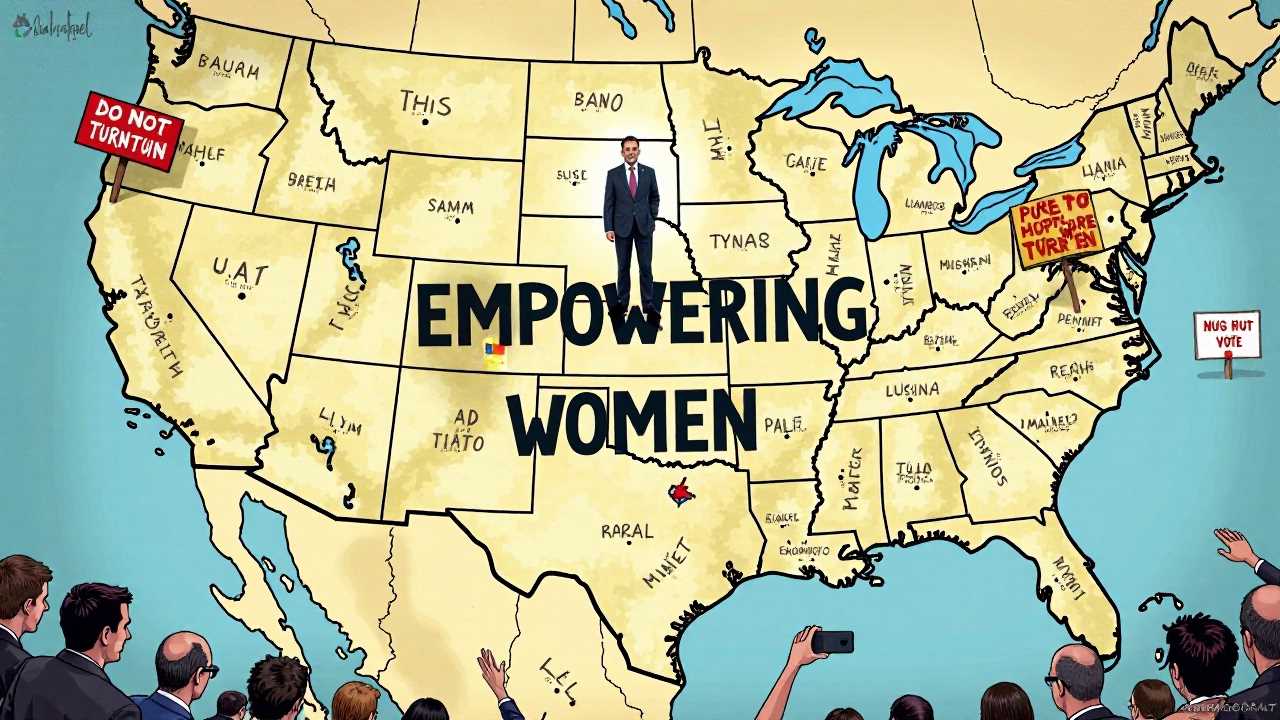
Article Summary
Understanding Minority Voter Outreach
Minority voter outreach is a vital component of our democratic process, ensuring that all voices are heard and represented. This outreach focuses on engaging underrepresented communities, fostering electoral engagement, and promoting civic participation. By addressing the unique challenges faced by these communities, we can work towards a more inclusive political landscape that values representation and combats disenfranchisement.
The Importance of Electoral Engagement
Electoral engagement is not merely about casting a vote; it encompasses a broader spectrum of activities that encourage participation in the democratic process. This includes educating communities about their rights, the electoral process, and the significance of their vote. Effective outreach strategies can significantly increase voter turnout among minority groups, ensuring that their perspectives and needs are reflected in policy decisions.
To achieve meaningful electoral engagement, we must prioritize building trust within minority communities. This involves collaborating with local leaders and organizations that already have established relationships. By leveraging these connections, we can disseminate information more effectively and create a supportive environment for civic participation.
Strategies for Effective Minority Voter Outreach
1. Community Education and Awareness Campaigns: One of the most effective ways to engage minority voters is through education. We must develop comprehensive campaigns that inform communities about the voting process, upcoming elections, and the importance of their participation. Utilizing various media platforms, including social media, local radio, and community events, can help reach a wider audience.
2. Culturally Relevant Messaging: Tailoring our outreach efforts to resonate with specific cultural contexts is essential. This means understanding the unique values, traditions, and concerns of different minority groups. By crafting messages that reflect these aspects, we can foster a sense of belonging and encourage individuals to participate in the electoral process.
3. Mobilization Efforts: Mobilization is key to translating engagement into action. Organizing transportation to polling places, providing information on early voting, and creating volunteer opportunities can significantly enhance voter turnout. We must ensure that logistical barriers do not prevent individuals from exercising their right to vote.
4. Advocacy for Policy Change: Advocacy plays a crucial role in addressing systemic barriers that contribute to disenfranchisement. By pushing for policies that promote equitable access to voting, such as automatic voter registration and extended voting hours, we can create a more inclusive electoral environment. Engaging minority communities in advocacy efforts empowers them to take an active role in shaping the policies that affect their lives.
5. Building Coalitions: Collaborating with other organizations and stakeholders can amplify our outreach efforts. By forming coalitions with civil rights groups, community organizations, and local businesses, we can pool resources and expertise to create a more robust outreach strategy. These partnerships can also help us reach a broader audience and strengthen our advocacy efforts.
Addressing Disenfranchisement
Disenfranchisement remains a significant issue for many minority communities. Historical and systemic barriers, such as voter ID laws and gerrymandering, have disproportionately affected these groups. To combat disenfranchisement, we must actively work to dismantle these barriers through advocacy and education.
Raising awareness about the impact of disenfranchisement is essential. By sharing stories and data that highlight the consequences of these policies, we can mobilize support for change. Engaging minority voters in discussions about their rights and the importance of fighting against disenfranchisement can empower them to take action.
Fostering Civic Participation
Civic participation extends beyond voting; it includes engaging in community discussions, attending town hall meetings, and advocating for local issues. Encouraging minority communities to participate in these activities is crucial for fostering a sense of agency and ownership over their political landscape.
We can promote civic participation by creating spaces for dialogue and engagement. Hosting community forums, workshops, and informational sessions can provide opportunities for individuals to voice their concerns and learn about local governance. By facilitating these discussions, we can help minority communities feel more connected to the political process and encourage them to become active participants.
Measuring Success in Minority Voter Outreach
To ensure that our outreach efforts are effective, we must establish clear metrics for success. This includes tracking voter turnout rates, engagement levels in community events, and the number of individuals educated about the electoral process. Regularly assessing our strategies allows us to make necessary adjustments and improve our outreach efforts continuously.
Engaging with the communities we serve is also essential for measuring success. Gathering feedback through surveys and community meetings can provide valuable insights into the effectiveness of our outreach strategies. By listening to the voices of minority voters, we can refine our approaches and ensure that we are meeting their needs.
A Call to Action
Empowering minority voter outreach is a collective responsibility that requires commitment and collaboration. By implementing effective strategies for electoral engagement, advocating for policy change, and fostering civic participation, we can create a more inclusive democracy. Together, we can combat disenfranchisement and ensure that every voice is heard and represented in our political system. Let us work hand in hand to build a future where all individuals, regardless of their background, have the opportunity to participate fully in the democratic process.






